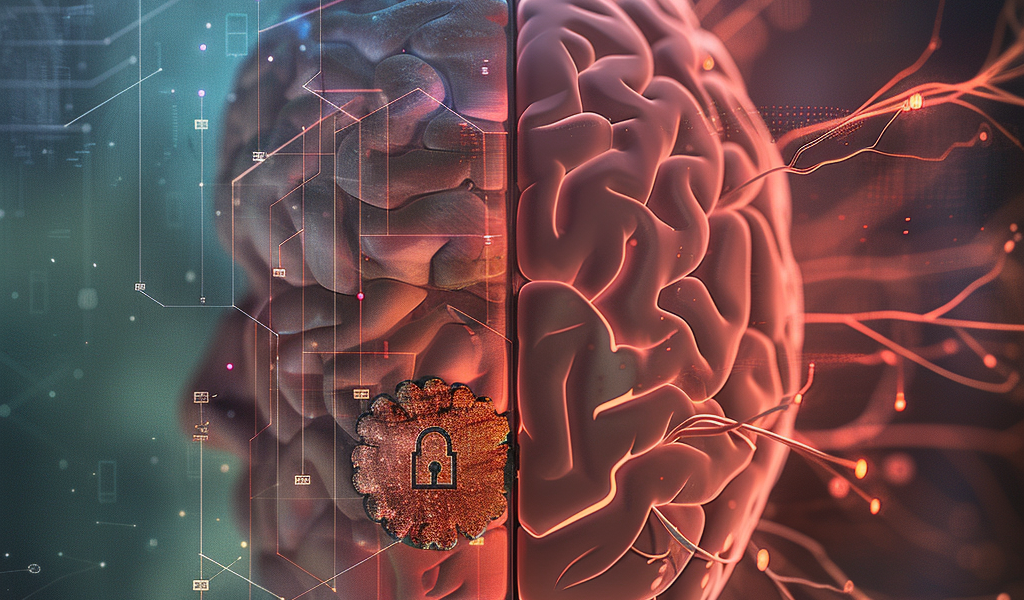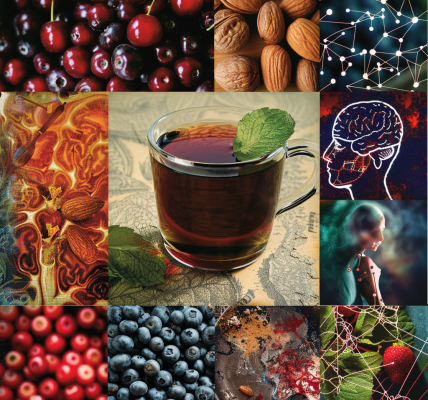Your Privacy, Your Choice
In today’s digital age, the importance of privacy cannot be overstated. Users are often faced with choices regarding their personal data, particularly when it comes to cookies. Websites utilize essential cookies to ensure functionality, while optional cookies serve various purposes including advertising, content personalization, usage analysis, and social media integration.
By accepting optional cookies, users consent to the processing of their personal information, which may include transfers to third parties. It is crucial to note that some of these third parties may operate outside the European Economic Area, where data protection standards can vary significantly. To understand how personal data is utilized, users are encouraged to review the privacy policy provided by the respective website.
Additionally, users have the ability to manage their preferences, offering them the flexibility to modify their choices regarding cookie acceptance. This empowers individuals to take control of their online experience.
Neuroscience Insights: Understanding Pattern Recognition in the Brain
Recent research has shed light on the remarkable ability of the human brain to detect patterns in everyday experiences, often without conscious thought. A groundbreaking study published in Nature reveals how specific neurons in the brain’s hippocampus and other areas work together to process information about ‘what’ occurs and ‘when’ it takes place.
This study, which involved patients with epilepsy who had electrodes implanted in their brains for medical purposes, provides insight into how the brain organizes information over time. The findings suggest that this integration of data allows the brain to predict future events based on patterns it recognizes in real time.
According to Edvard Moser, a prominent neuroscientist at the Norwegian University of Science and Technology, the brain is constantly engaged in processes that occur beneath our conscious awareness. This study is a testament to that phenomenon, highlighting the brain’s ability to filter and interpret the vast amount of information it encounters daily.
Research Methodology
The research team conducted their study on 17 individuals who were undergoing treatment for epilepsy. These patients had electrodes implanted in various brain regions, enabling the researchers to capture the activity of individual neurons. Key areas of focus included the hippocampus and the entorhinal cortex, both of which play critical roles in memory formation and spatial navigation.
The hippocampus contains specialized cells known as ‘place cells’ and ‘time cells.’ Place cells help encode spatial information, while time cells assist in tracking the temporal aspect of experiences. This dual functionality acts as the brain’s internal clock and navigation system, allowing it to make sense of the external world.
As part of the experimental setup, participants were shown a series of images, including faces, to examine how their brains processed the information over time. The research aimed to uncover the mechanisms behind the brain’s ability to identify patterns and predict outcomes based on previously encountered stimuli.
Implications of the Findings
The implications of this research are profound, particularly in understanding the processes underlying learning and memory. By elucidating how the brain integrates ‘what’ and ‘when’ information, researchers can better comprehend the cognitive functions that enable humans to navigate their environments and anticipate future events.
Moreover, this research could have significant applications in medical fields, particularly in developing treatments for memory-related disorders and enhancing cognitive rehabilitation strategies.
Conclusion
This study underscores the complexity of the human brain and its remarkable capacity to process information seamlessly. As researchers continue to explore the intricacies of neuronal activity, our understanding of the brain’s functions will undoubtedly expand, paving the way for innovative approaches to enhancing cognitive health.





